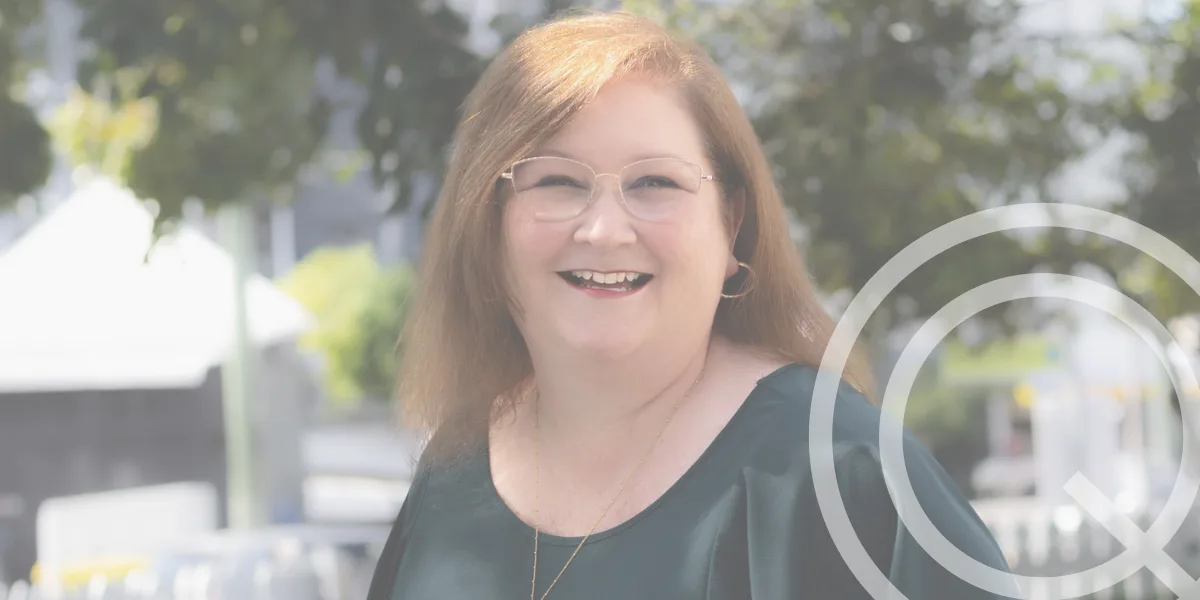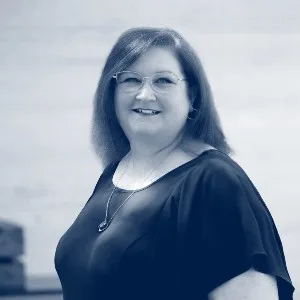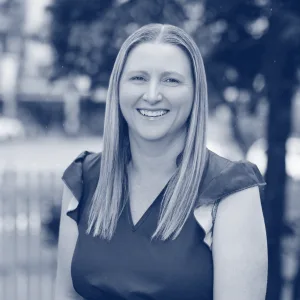
KEY TAKEAWAYS:
Advice from an experienced legal and HR senior leader who recently transitioned to specialise in workplace investigations:
- pursue workplace investigations if you enjoy working with all kinds of people, love digging into the minutiae and have a particular penchant for procedural fairness
- lawyers and ER practitioners have transferrable skills, in areas such as interviewing, writing and critical analysis, that can be leveraged and developed further as a workplace investigator
- don’t overstep your new role: set boundaries to ensure you focus on investigation-specific advice
- choose an investigations firm that supports wellbeing and professional development to manage the emotional demands of the role
- you’ll never be out of a job – demand for skilled investigators is only increasing as workplaces grapple with more complex duties, laws and employee complaints.

Transitioning from employment law, HR, WHS or compliance to workplace investigations is a career change more professionals are making as employer demand for this specialist role increases.
But what’s the appeal? Particularly for seasoned professionals in senior roles?
In this article, Q Workplace Solutions Workplace Investigator Kristine Thomas shares what prompted her to transition from a 20-plus year career as an employment relations generalist to a workplace investigation specialist; the existing skills she has been able to readily apply; those skills she is now being challenged to develop further; and what she enjoys most about the work.
Kristine’s “why” for becoming a workplace investigator
It was her interest in people and procedural fairness that prompted Kristine to leave her position as Senior Employee Relations Business Partner at a major Australian university to become a workplace investigator.
Over her 20-plus year career in private legal practice and senior in-house legal and HR roles, Kristine had been exposed to all aspects of employee relations, from negotiating, interpreting, and explaining enterprise bargaining agreements, to providing advice on employee performance and workplace complaints, and conducting and overseeing investigations into all forms of misconduct and misbehaviour.
However, it became increasingly clear to Kristine, particularly over the past 10 years, that the volume and complexity of employee complaints and how they were handled, including the associated investigations, warranted serious attention and clear policies and procedures.
She put her interest into action by helping revise and implement a more people-centred and transparent complaint management system at her previous workplace.
“Working on it clarified my interest in working on investigations more consistently for a few reasons, not least of which was trying to influence the development of the policy with a view of what those ‘on the ground’ needed to ensure procedural fairness, but also so the process was practical and timely.”
What to expect from a career in workplace investigations
We asked Kristine to share her advice and experiences as a recently appointed workplace investigator for the benefit of other senior legal, HR, WHS or compliance professionals considering this career path.
What do you like most about the role?
The focus and specialisation. On one hand, generalist ER roles are brilliant because they’re so diverse, but you also feel a bit like you’re permanently chasing your tail. The focus and specialisation in the role of workplace investigator allows you to feel more in control of, and also more skilled at, the work. It also means that keeping up with changes in law is easier. I don’t need to be on top of changes to fixed-term contracts, for example, like I needed to be in past roles.
What’s the hardest part of the role?
The focus and specialisation. For an ER generalist like I was, with a background in both legal and in-house roles, it’s hard to turn off that experience which means it’s easier to overstep my role. I am careful to hold back from offering advice on all elements of the process surrounding the investigation.
What weren’t you expecting?
I can’t say that there is anything in particular I wasn’t expecting, but one thing I discussed with Q Workplace Solutions before coming on board was (for want of a better word) the isolation of the workplace investigator role. We have an amazing team, but the work itself tends to be quite solo and that is different to working within an ER or legal team. Occasionally (but only occasionally!) I miss having a loud office with lots of people around and randomly popping into the background of other peoples’ Teams meetings!
Which of your existing skills are you using the most?
Writing skills. I’ve always been interested in writing (I think with my fingers) and taking all the information you receive as an investigator and distilling it into something that is clear (so that your findings are both well-reasoned, and understood) and useful for the client is an art.
What new skills are you learning?
Interviewing skills. I’d like to think I had some of these skills before, but learning different ways of questioning, and how you do that in a way that draws people into the conversation is something I think I will continue to develop for years. As a lawyer previously involved in a fair amount of litigation, you tend to jump to adversarial, cross-examination style questions (I put it to you, Miss Scarlet that you killed Professor Peacock in the conservatory with the candlestick!) and that doesn’t work in workplace investigations. The questioning style is respectful and aimed at connecting with the interviewee to elicit the best recollections of an event that could have been quite traumatic and/or that happened some time ago.
While you are now a specialist, how would you describe the breadth of work?
Every case is different — even if the allegations fall within a similar category, such as bullying. The breadth comes from the people we work with — the clients, the lawyers and the parties to an investigation and how you manage those interactions – some of which are deeply personal or confronting. And every case teaches you something new, whether that’s about how an industry operates, about how organisations establish departments and functions and teams, and how those teams work together to create their particular workplace.
How would you describe the wellbeing support and professional development opportunities Q Workplace Solutions provides its investigators compared with larger companies?
Phenomenal! For me, as a previous manager of teams of advisors and case managers (and also just knowing myself – I do have a tendency to take work home) wellbeing has always been a real issue. Managing the wellbeing of those involved in overseeing workplace complaints is essential, and Q Workplace Solutions, despite being a boutique firm, does it better than some bigger employers. In particular, I’m a massive fan of having access to a psychologist on a regular basis to help manage some of the mental clutter that comes from taking on board other people’s issues.
What advice would you give to other mature age, late career professionals who may be thinking of becoming a workplace investigator?
Who are you calling mature age! But seriously, if you are keen to focus your practice in this way, and have a real interest in people, and in getting into the detail (because you realise pretty quickly that the minutiae can be oddly important), workplace investigations is a great place to land.
More information
Q Workplace Solutions’ national team of legally qualified and licensed investigators are trusted by public and private organisations, including ASX-listed companies and government agencies, to investigate complex and often highly sensitive allegations of employee wrongdoing. They also undertake reviews of organisations, divisions or units, and provide training, coaching and external advisory support to internal investigators and teams.
To find out more about how we can support you and your team, contact us on 1300 944 049. For upcoming investigations training workshops visit our dedicated training arm, Q Workplace Training.







